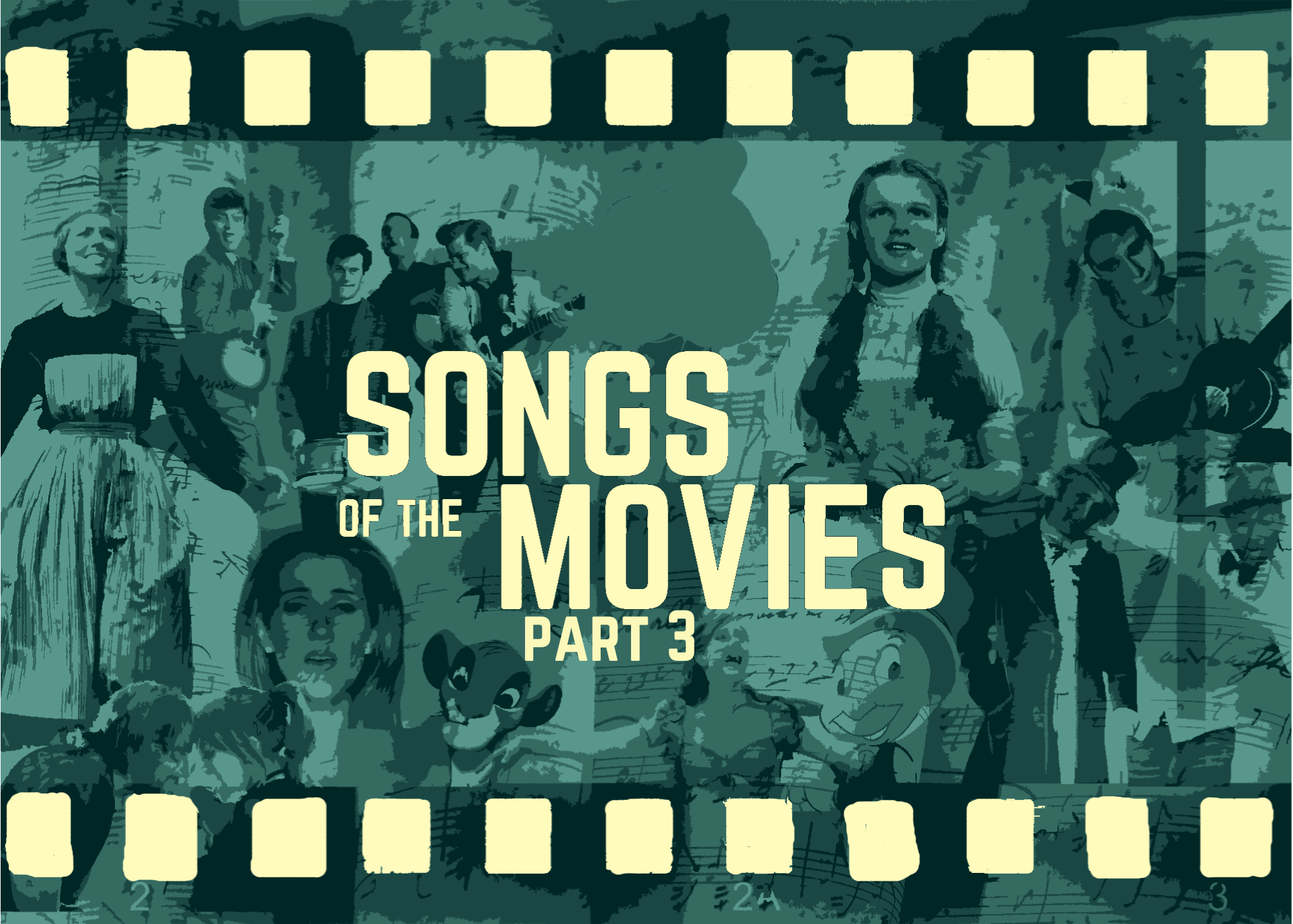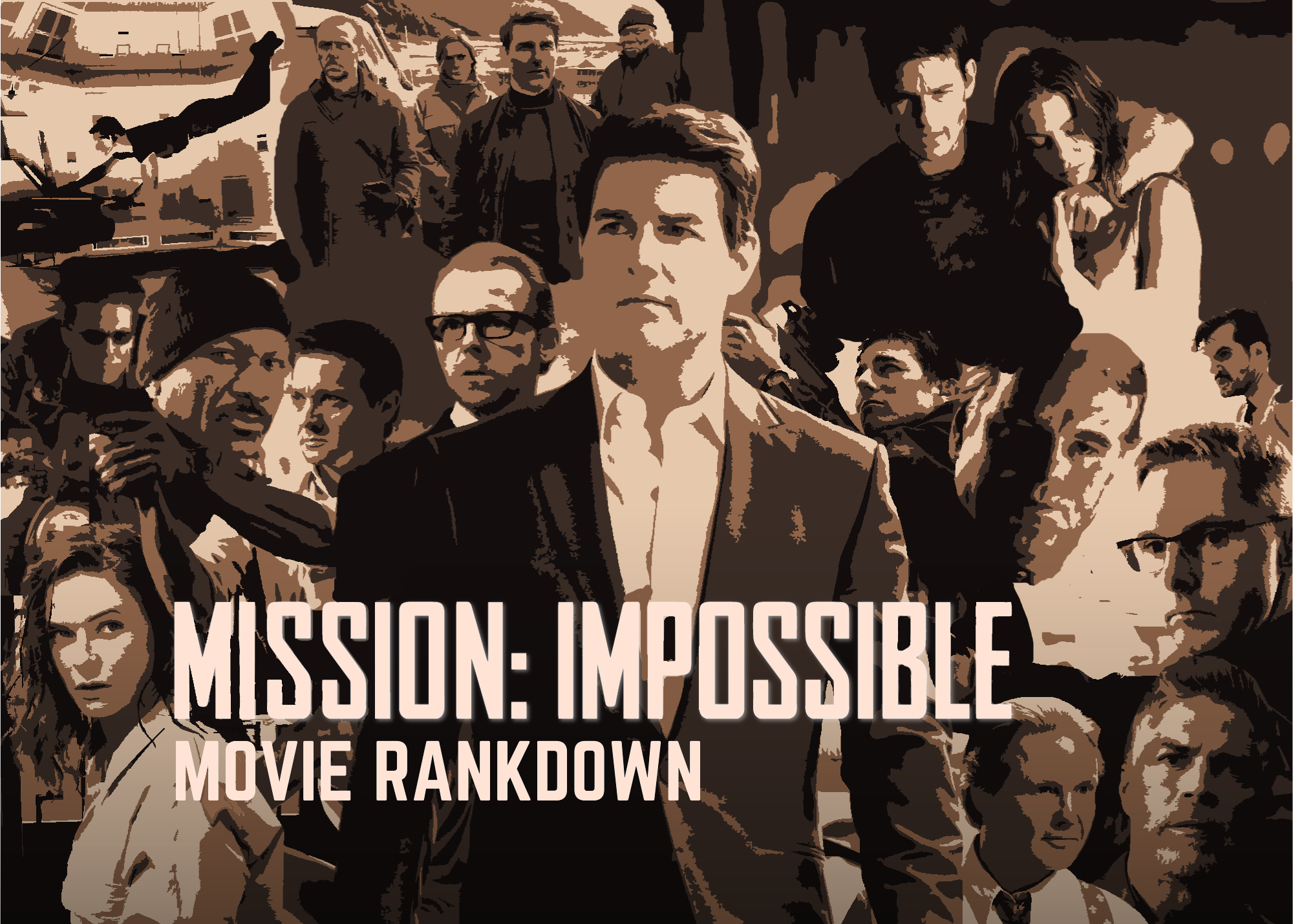Review: "C'mon C'mon" Drags Us Down the Long Path to Nowhere
This quirky kid road trip dramedy is more "C'mon, hold up, wait a sec, I'll be right back"
ModernFilm criticism is a difficult task. Regardless of intent, movies are subject to our observations, whims, and conclusions. If it takes aim at one thing and hits another, is it a triumph or a "successful failure," like the Apollo 13 mission that failed to reach the moon but overcame its misfires to bring three astronauts home safely?
If it pretends to mean something, relying on abstractions or visual tricks to deceive people into believing it has substance and thus convinces them it does, is it a success, or is it fraudulent? If people go into a movie looking for something, they will find it. If they want to believe the sky is green, they will. Movies know this, and for C’mon C’mon, it is the best thing to know.
Johnny is a radio journalist traveling the country interviewing teenagers about life and their worldview. He cares for his young nephew, Jesse, while his sister, Vivian, tends to her mentally ill husband in San Francisco. The two bond during a weekend trip to New York. Contrary to the movie's belief, that is all that happens.
C’mon C’mon believes it has something to offer but serves up loneliness, platitudes, and general observations that mean nothing outside how our context has trivialized them. There is merit to the adolescent view, despite lacking individuality or nuance. Just as people believe bills and careers make their perspective better informed, the youth believe adults exploit their circumstances to rationalize stagnation, never adopting newer ways of thinking and living.
Both are right in the abstract and wrong in the specific. Both have something to give the other, but neither listens. The younger generation ages and realizes they never had life figured out. The old insist upon themselves and never recognize what they lost until they throw it all away to get it back.
C’mon C’mon could say something about this, but it doesn’t. It sets itself in black and white, casts a beloved actor famous for his eccentricities, and exploits the tried and tired quirky kid trope as though adopting a style means having substance. A film does not have to cut too deep. Depending on the theme, a movie needs to be subdued or direct. C’mon C’mon fails because it wants to be a sharp tool about a subject that requires a blunt object.
Johnny is not better for having cared for Jesse. He does not learn from him or shift his perspective because of their experiences. Jesse has idiosyncrasies but no real value. He offers nothing but a mirror of the past, but Johnny does not realize this. He plays with Jesse, but he never sought to avoid those experiences in the first place; he suggests bringing Jesse to New York; he is happy to give to him, share with him, and care for him. Any issues that arise are commonplace and quickly resolved, without any contemplation or appreciation for the opportunities they provide.
Jesse does not grow for having spent time with Johnny. He is the same person he was when they left, just with a newfound need to remember. He wants to record the memories to ensure he never forgets their time together. Technology will record them, the same technology that Johnny accuses Jesse's generation of being lost to; he thinks having it be a tape recording makes it different. It doesn’t. Jesse returns to California, and we have no reason to believe he won’t become like us, distancing ourselves from what matters to embrace what we falsely think matters most.
Unfortunately, the movie does not know what matters most, only that something does. Johnny levels the typical musing of an aging Generation X: youth are lost in technology. But C'mon C'mon does not recognize the prior generations were lost without it.
Instead of embracing that technology, they pretend framing things in a certain way equates to substance. An interviewer asks, “What causes flooding within you?” All these people act without vision, blaming their uselessness on letting children get their thoughts out. The movie wants to develop that freeing one group will empower the other to live the same way. Within that mutuality, we can impart things to each other. If that is the case, the direction of their interviews should change, the nature of Johnny’s interactions with Jesse should continually get altered, but they never do.
The few moments the movie shines are when it listens to its characters, stops minimizing them, and acknowledges who they are. Jesse can thrash, dash, and pontificate all he wants. He can swear off his home, traverse the Concrete Jungle, and revel in his newfound love for audio equipment. He is still a kid, a young boy far from home who wants to eat ice cream before dinner and cries for his mom when things get too heavy. Johnny is still a man unequipped to confront the reality of child-rearing, no matter how much he enjoys the company of his nephew. Viv is a woman whose efforts continually prove futile. She cannot escape things she cannot control, no matter how much she exhausts herself from running interference.
In these moments, C’mon C’mon has a chance to say something about what each generation truly has to gain and the cyclical nature of our relationship. It could say that every old guard thinks the same of the youth and vice-versa, that time and technology do not matter so much as human nature. It could say that within that truth, we must set aside what sets us apart to remember that we are all human. It could say that in recognizing that humanity, the best we can do is find people to care for, mentor, and guide, finding value in ourselves through what others can gain from being in our lives, but it does not.
It wants to fool us into thinking it does by doing what most indie dramas do: encourage discussion by floating a concept it lacks the insight to dissect, then reap the rewards of people patting themselves on the back for having the dialogue. It is not unique in choosing style over substance or trying so hard to fake depth by being as vague as possible. It saps color to prevent our eyes from soaking in beauty instead of meaning, but there is no meaning. If the world is not for coloring outside what we make of it, C’mon C’mon should make something of it. It wants us to believe in it but gives us no reason.
It believes the future is the reason, that what we pass down matters, but it only matters in being a stepping stone upon which future generations stand as they lay the next step in the path. Kids believe they have something to say, but they don’t. C’mon C’mon fails in part for not acknowledging this.
Kids have nothing progressive to contribute, just latching onto ideas of the previous generation. However, they do have the accidental ability to remind us that we need to step back. Every interview in the film boils down to how “bad” things are and how “hopefully” they will be “good” someday.
None of the subjects have any ideas of their own, no plans or resolutions to propose. They have no insight, only concepts. That is fine; their lives are a concept. Education gets funded by the state and the roof above their heads by their parents. All they have suffered, we have too, but we have faced the world; this imbues us with an understanding they cannot have, but being so far removed lets us forget how torturous the now is.
Deep within the film should be some realization that we all lose something as we age and that getting it back isn’t just getting shocked into that understanding, but seizing the moment and listening to it. It’s more than just getting told to “C’mon, c’mon.” It is moving with purpose towards the recognition we cannot waste our lives and the opportunity to make them matter. The movie has this in its peripheral but never turns its head.
C’mon C’mon has a compelling character in a woman struggling to keep her life afloat. She has a child she does not understand and a husband she cannot help. She does not wail and whine at her circumstances or undergo some evolution to conquer them; she is a person who exists and is trying the best she can. Her effort is the spirit of the film and everything it wants to say. It is all an aging generation has to gain from the one coming into their own. It is what they need to believe the future can be that idealist vision they once had: the one lost to life and now only in the hearts and minds of the child darting around New York with their uncle’s sound equipment.
But the movie doesn’t know this. It thinks its value is in the wrong character, the wrong relationship, and thus the wrong ideas altogether. If the two people we follow cannot truly learn from one another, what good is a movie this desperate to convince us they do? It tries so hard to subvert cliché and avoid tropes it forgets that familiarity has the most depth.
C’mon C’mon is a dull exercise in irony. It wants to be about what we pass on, about how to connect, and what connection really means, but fails to be about anything at all. It relegates the one character it can help to the sidelines and relies on gimmicks to undo the very gimmickry it loathes. It detests the typical quirky kid movie while being that movie, just in black and white and with fewer meltdowns. It tries to accredit children with wisdom, but in responding with condescension, makes us snicker at their simplicity.
Few films frustrate like C’mon C’mon. It could have nailed a simple story and elevated it with substance but settled for pretending it has something to say by employing cliches. It is repetitive and glacial, with an insufferable child and his lifeless uncle. They are neither mirrors nor therapists, neither guides nor memories. They are simply people in an empty film, telling us to "C'mon c'mon" without a journey in mind or destination in sight.
.png)

%20(13%20x%206%20in)%20(13%20x%204%20in).png)





































.png)






.png)